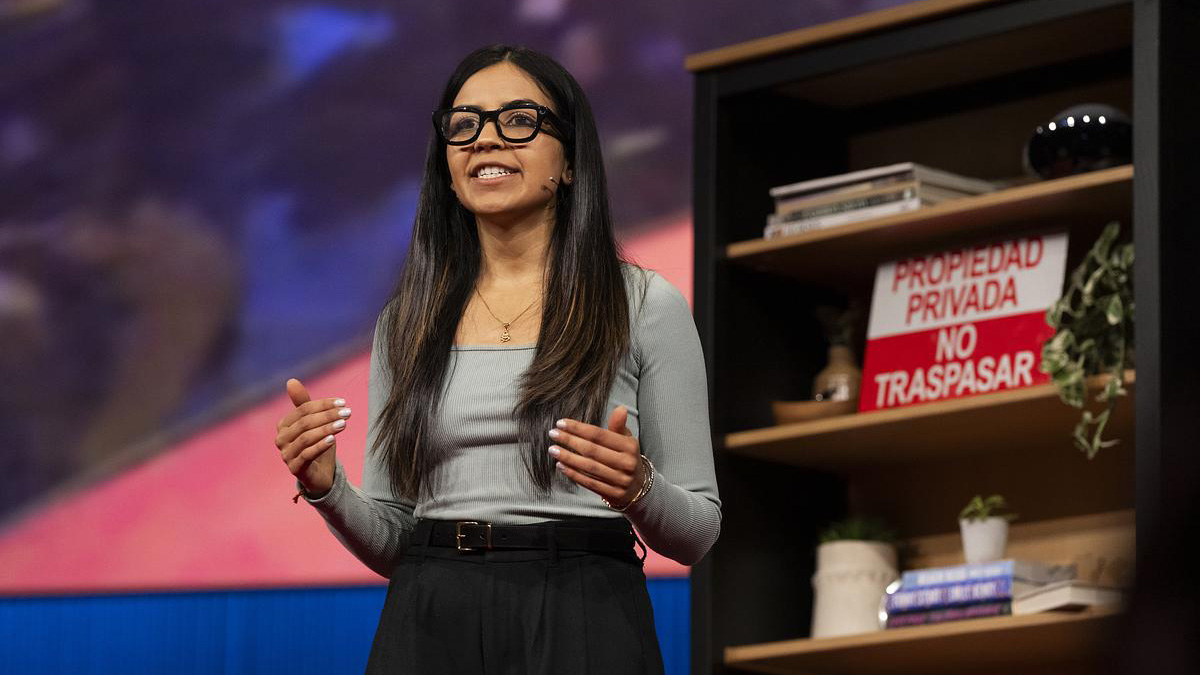The Nokia 9 PureView debacle needs to be HMD Global's wake-up call
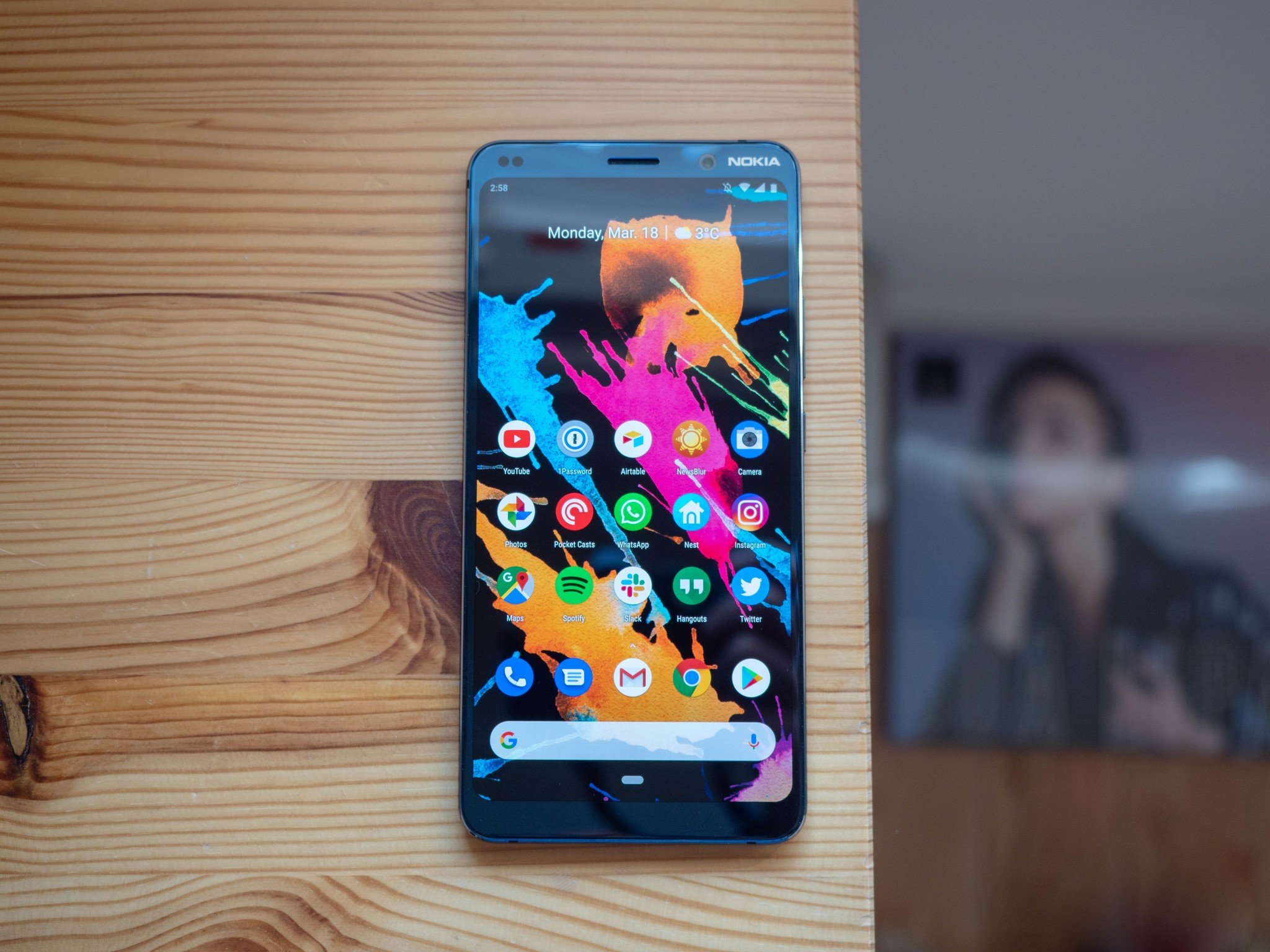
Since HMD Global acquired the Nokia Mobile brand in 2016, its smartphone business has mostly stood on three legs: affordability, clean and secure software, and speedy, reliable updates. If you take away one of those legs, a stiff breeze could send its business tumbling, with budget brands like Motorola — or major OEMs with budget phones like Samsung — eager to fill the gap.
With the news last week that the Nokia 9 PureView wouldn't receive Android 11 — the second of two promised updates for a flagship phone — HMD Global has broken trust with its loyal customers. And it needs to approach 2022 like it has something to prove.
"Smartphone updates have been the cornerstone of HMD's value proposition basing it on the vanilla Google Android experience," says Counterpoint Research's VP of Research, Neil Shah. "Deviating from this core promise especially for the flagship could hurt the brand's mindshare which it has built up."
Last year, we didn't expect Nokia phones to have any issues with updates. It couldn't live up to the promise of Android One and match Pixel speeds, but Nokia did always manage to update phones more quickly to the latest OS than any competitor. Counterpoint noted Nokia was the fastest brand to update all its devices to Android 9, then led its software "trust rankings" in 2020.
HMD Global has a lot to prove in 2022 to make Nokia phones appealing.
But then Android 11 arrived and cut off Nokia's claim to fame at the knees. Its roadmap made promises that the Finnish company couldn't keep. Its 2020 flagship, the Nokia 8.3 5G, didn't roll out until February. Meanwhile, most phones' updates were pushed back several months into the summer and fall of 2021, leaving Nokia well behind every brand except Motorola.
Nokia 9 ≠ Nokia XR20
Then, of course, there's the Nokia 9 PureView. We weren't impressed with it at launch, and in hindsight, you might have questioned whether the 2018 Snapdragon 845 SoC could handle Android 11 in 2021 with reliability. But we certainly didn't expect a $700 phone only to get one OS update like a cheap Motorola phone.
In its explanation, HMD Global said that "incompatibilities between the camera and the software would have led to a compromised experience that does not meet our high standards." As an apology, it will offer current PureView owners 50% off a Nokia XR20 through late March in 2022. Or you can stick with Android 10 since it'll still receive security updates for the next couple of years.
Be an expert in 5 minutes
Get the latest news from Android Central, your trusted companion in the world of Android
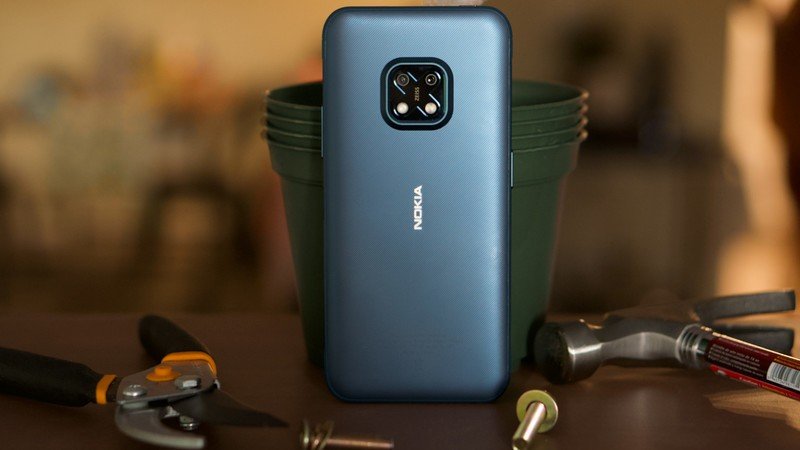
Look, I reviewed the Nokia XR20 and gave it 4.5 stars. It's a great rugged phone with decent performance and cameras, clean software, and nice intangibles like a 3.5mm jack and Google Assistant button. Plus, it will (supposedly) get updated to Android 14, giving it some longevity.
But even if HMD treats it like a flagship, it isn't one. It has the same Snapdragon 480 5G chipset as the $250 OnePlus Nord N200 5G. Even with 6GB of RAM, it's mid-tier at best; the $500 price is based on its ruggedness more than its performance. And even if the Pureview's five cameras turned out to be a weird gimmick, they still take RAW photos that will trump whatever the XR20 has to offer.
I don't know of another example of an Android OEM failing to deliver on a promised update for a flagship phone, so I don't have a point of comparison on apology gifts. But for die-hard Nokia fans to receive a $250 coupon off a thick phone with slower performance as a consolation prize for a blatantly broken promise is kind of a joke.
Shah agrees that HMD's gesture wasn't an "effective" one. He suggested a better option would be to buy back the Nokia 9 once it released a proper flagship. Of course, this is predicated on a Nokia flagship arriving anytime soon, which isn't a given.
The worst possible time to slip up
Half off a rugged phone doesn't make up for a missing OS update on a flagship phone.
The real issue is that Nokia's trademark update reliability is failing while every other OEM is investing heavily in software support. Over the last year, Google released its Tensor chip with five years of security updates, Samsung will give all of its phones three OS updates, and other OEMs like OnePlus and Xiaomi will offer three OS updates on flagship phones.
As OEMs emulate Nokia's speedy software update strategy, with much more distinctive software skins and features, Nokia phones are languishing with old stock software for months.
I want to believe Nokia will course-correct this year. But it's December, and Nokia has yet to release an Android 12 roadmap for its phones. It began testing the developer beta on the Nokia X20 in September, but has yet to launch it publicly on any other Nokia phone.
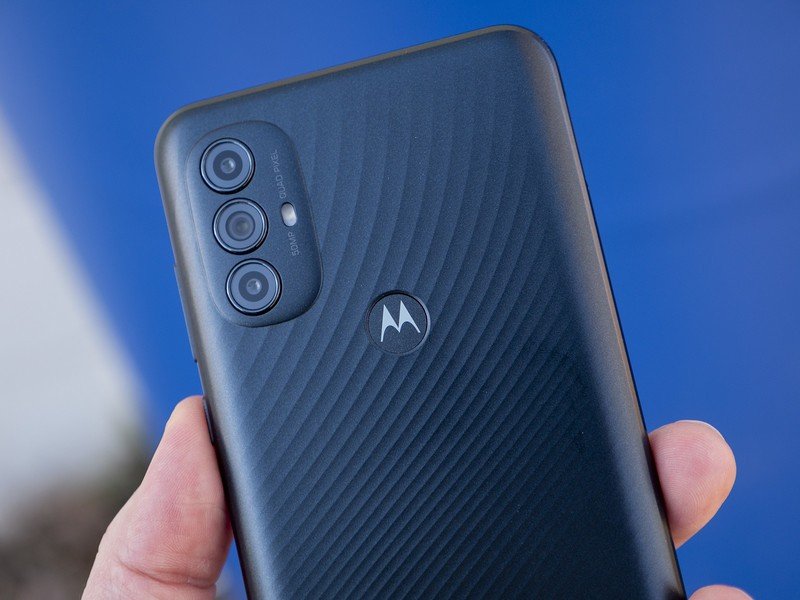
At the moment, HMD Global seems to be emulating Motorola by releasing a ton of cheap, similar phones while avoiding throwing weight behind a true "flagship" that would have to compete against the big fish. Several Nokia 2021 phones use the same Snapdragon 480 5G chipset; you won't find any flagship Snapdragon 800s, or even mid-range 700s, in these phones.
Nokia is following the Moto playbook by launching tons of similar budget phones at once, for better or worse.
In theory, it could do worse than emulate the #3 U.S. smartphone vendor. There are some obvious issues with this strategy, though.
Motorola barely updates its phones, so it can afford to go quantity over quality in a way Nokia can't. It has clearer branding, too. You know what you're getting when you buy a Moto G Power vs. a Fast or Stylus; but does anyone outside of HMD know why an X20 has better performance than an X100? Vague numbers don't inspire brand loyalty.
And while Motorola also uses clean Android software, it does add unique gesture controls to open your favorite apps, which makes its phones more distinct to use.
The biggest issue, of course, is that Motorola lucked into a bigger market share after LG's exit from the smartphone industry, rather than benefitting from a genius strategy. So if HMD Global follows the Moto playbook, it may not be thrilled with the result.
How to fix this mess
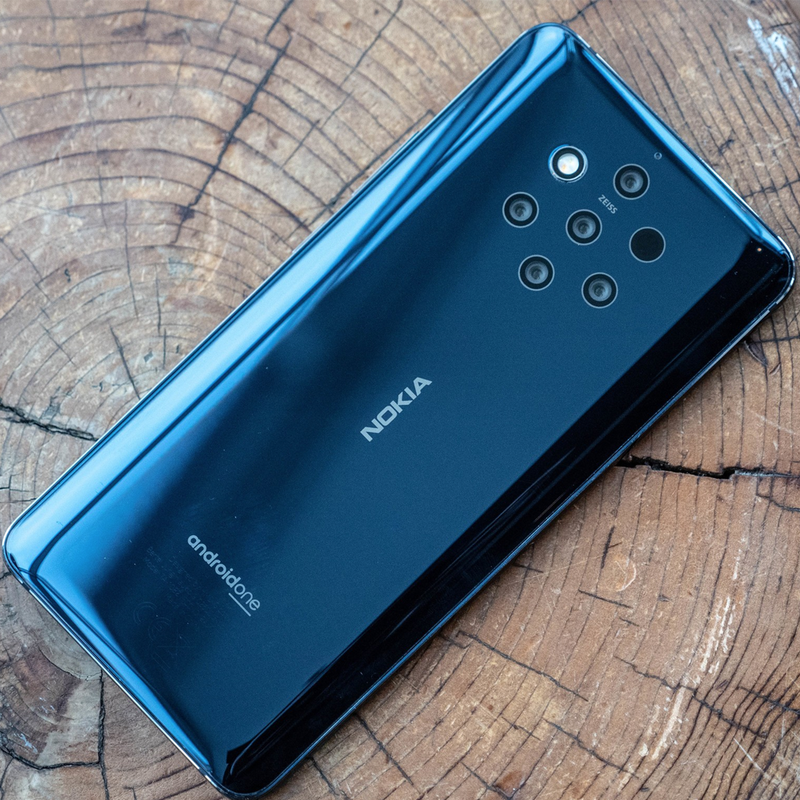
Nokia Mobile still sells over 40 million feature phones per year. But for smartphone sales, it comprises less than 1% of the current market share, selling about half the smartphones that it did even a couple of years ago.
If HMD Global doesn't want its PureView debacle to be the nail in the coffin for its smartphone relevance, it needs to do more. Since most smartphone brands prioritize flagships and take about six months to update their cheap phones, Nokia could double down on updates and try to push them out on its cheap phones well before the competition. Or, it could try to release another proper flagship to try and drum up some excitement.
Nokia can "counterbalance this snafu" with a new premium flagship, but making one won't be easy.
Shah believes they should release a "premium" flagship — but it won't be that easy, requiring "differentiation and investment in R&D for the camera, material design, display, battery technologies, etc., which has been elusive and has been heavily dependant on ODMs." Most current Nokia phones have very similar designs; something as unique as the Nokia 9, executed better, could help the brand make an impression.
Otherwise, Shah believes Nokia can "counterbalance this snafu" by the strength of its brand and Finnish team while pushing out more trademark mid-range phones. But it has its "work cut out to pivot" to a new "value proposition" that isn't dependent on fast, boring software updates.
Whatever it does, HMD Global and Nokia Mobile need to find a way to convince people that the PureView's premature end was an isolated incident, not a worrying sign of things to come. Otherwise, there's no way its phones will make a serious dent against the best budget Android phones that offer better software, prices, or speed.

Michael is Android Central's resident expert on wearables and fitness. Before joining Android Central, he freelanced for years at Techradar, Wareable, Windows Central, and Digital Trends. Channeling his love of running, he established himself as an expert on fitness watches, testing and reviewing models from Garmin, Fitbit, Samsung, Apple, COROS, Polar, Amazfit, Suunto, and more.
